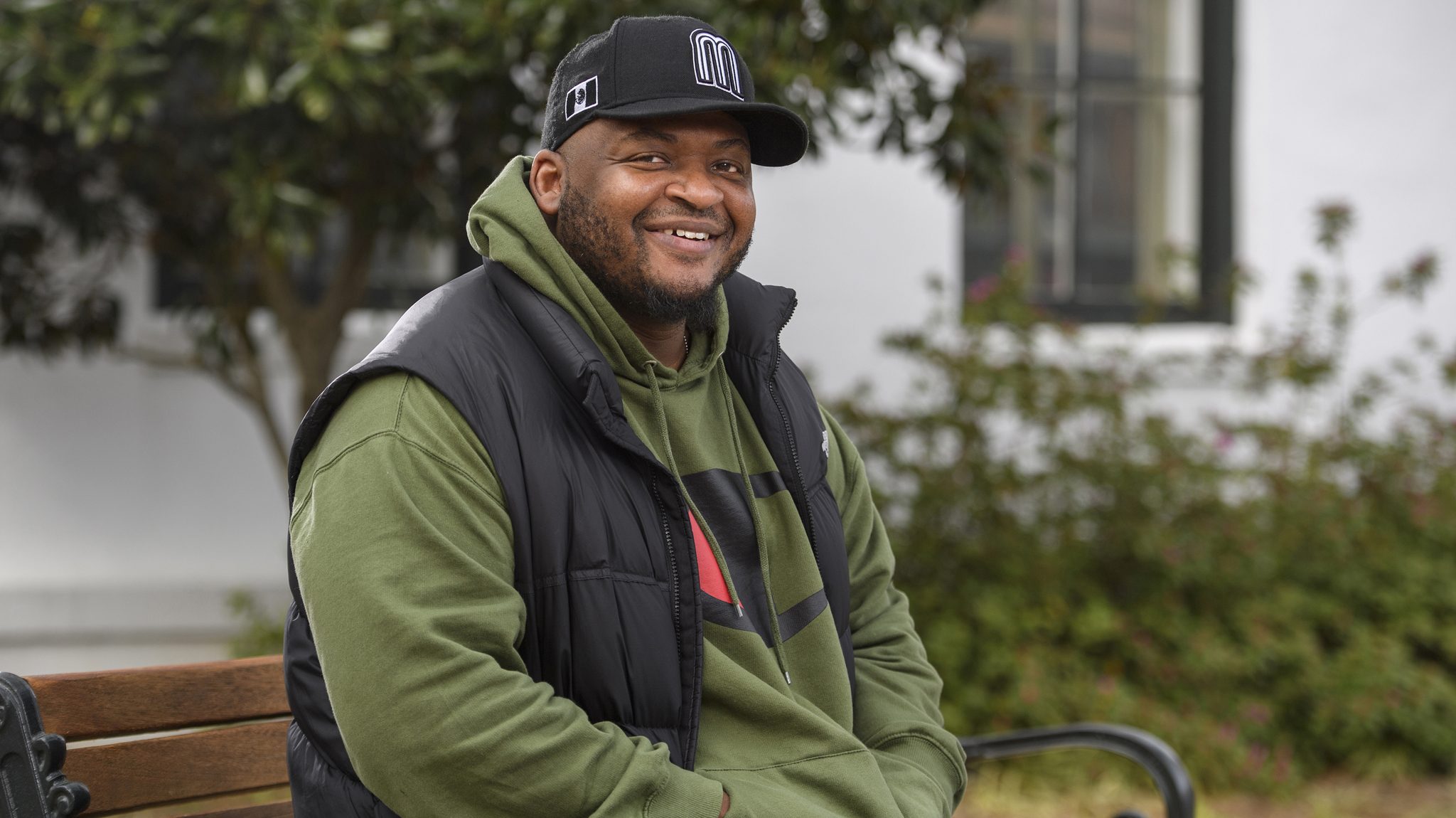

LAYMON: One of the things I just want to say - I'm not trying to make a causal relationship saying that because of this traumatic thing caused this traumatic thing. SIMON: As the very title suggests, that the cost of trauma, including, for example, the beatings you endured from your mother, the beatings that she endured, all of that takes a toll on our bodies. We didn't know how to talk about what we were doing to one another, and we didn't really know how to talk about what the world and our state was doing to us. And I think the scariest part about it looking back is that we just didn't know how to talk about any of it. And she would always say she was whipping me because what I would face from police or white people would be even harsher.Īnd those beatings just I think started to get progressively worse, and I think that the beatings my mother was taking from life, from our town, from her partner, also started to get progressively worse. And, you know, when I was around 9 or 10, she started to whip me when I didn't do right. She was dealing with what I would call, like, the shards of abuse. She was on television - local television - doing political prognostication.

So from the outside, it looked like she was doing really well.

LAYMON: My mother was dealing with a lot of what black women were dealing with in Jackson, Miss. SIMON: To the outside world, your mother, a progressive voice, but what was going on inside the family? SIMON: Well - and we do have to get to that, don't we? I thank her for my writerly practice that I still have now, but that writerly practice also enabled me to write into a lot of the gaps and a lot of the terror that I think she probably did not want me to write into. She just made me read and write before I could do anything I wanted to my entire life. And Jackson was home, and books were really home for me. She had me when she was a sophomore at Jackson State University, and she got a job teaching at Jackson State maybe four or five years later after she started graduate school, so we moved to Jackson probably in 1979, 1980. And like most Americans, she just had a rough patch, and she was not comfortable talking about a lot of those rough patches. SIMON: When someone says to you, tell me about your mother, it's not a simple question, is it? KIESE LAYMON: Thank you so much for wanting to talk to me. His new book "Heavy: An American Memoir." And Kiese Laymon, who wrote the award-winning novel "Long Division" and is a contributing editor of Oxford American and a professor of English and creative writing at the University of Mississippi, joins us now from Oxford, Miss. His book shows the way people can absorb trauma layer by layer with particular attention to the history of African-Americans. Kiese Laymon has written a memoir that can scald your heart - a gifted son with a loving, accomplished mother who inspires and drives him and yet abused and burdened him.


 0 kommentar(er)
0 kommentar(er)
